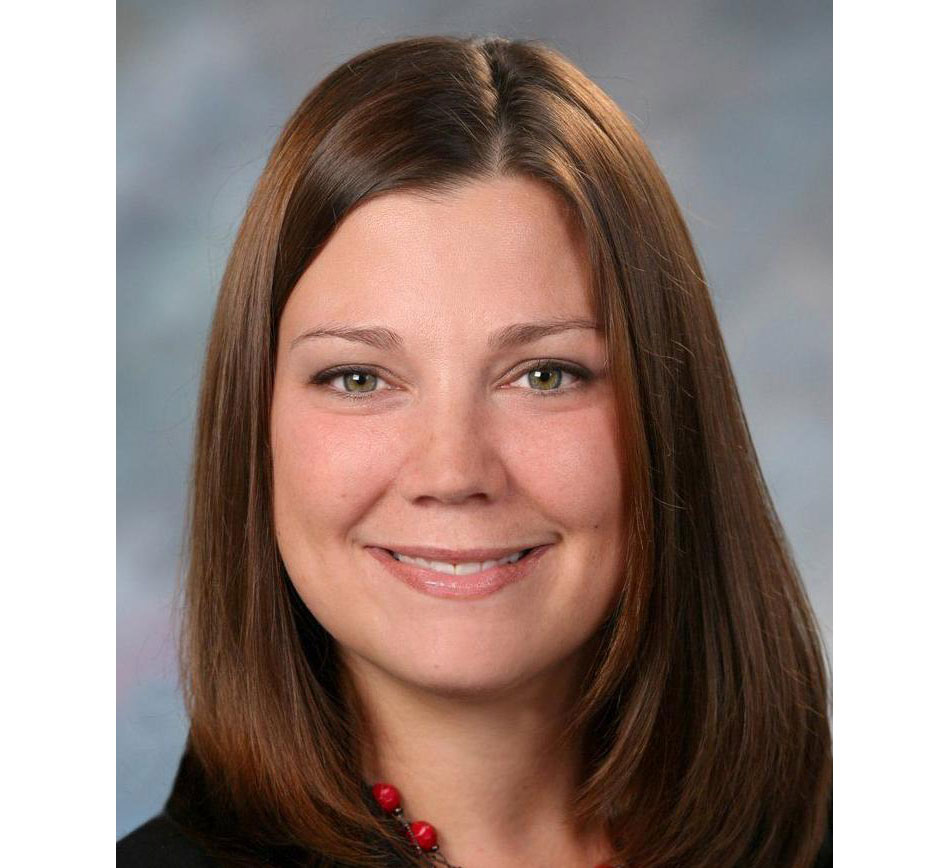It’s Time for a Cease Fire in the War on Lifeline
Biden FCC should undo Emergency Broadband Benefit ‘data collection order’

The smarter way to stay on top of the multichannel video marketplace. Sign up below.
You are now subscribed
Your newsletter sign-up was successful
President Joe Biden and his team are working overtime to reverse the worst excesses of the Trump Administration. To that list of “must undo” items, they should add this: the eleventh-hour attempt by former Federal Communications Commission chairman Ajit Pai to impair a key part of the Emergency Broadband Benefit (EBB), created as part of the second COVID-19 stimulus bill. The EBB is urgently needed by low-income seniors, vets, and COVID-unemployed people here in Nebraska and other primarily rural states.
Chairman Pai waited until a few weeks before he resigned to issue a staggeringly demanding and overreaching “data collection order” designed to impede many of the wireless and broadband service providers who have been at the heart of the Lifeline program, the phone program for qualifying low-income Americans. It seems clear that Pai wanted to do whatever he could to tie up in knots the very companies that should be putting the new Emergency Broadband Benefit out there to the public in the midst of the COVID-19 pandemic.
Why would Ajit Pai do such a thing?
Lifeline in the Crosshairs
During his time as FCC chairman, Pai presided over a far-reaching assault on Lifeline. In the process, the ranks of Lifeline recipients were literally chopped in half. The former FCC chairman starved Lifeline to such an extent that only about 18% of eligible Americans now have access to the program, which is supposed to help ensure universal access to telecommunications for everyone, including the poorest among us. When you compare Lifeline to other income-based federal programs — including Medicaid and food stamps, which serve well over 80 percent of qualifying Americans — it is apparent that former chairman Pai’s war on Lifeline was only too successful.
This is why observers were not surprised when the former FCC chairman (without the consent of other commissioners) imposed a massive data demand. It was just another way for him to throw sand into the gears of Lifeline — all in the hopes of seeing the program grind to a halt once and for all. Getting a chance to undercut the rollout of the Emergency Broadband Benefit was just a bonus for the FCC chairman.
What is perhaps most ironic is that the onerous “data collection order” in question here is coming from a Trump-appointed agency head who claimed to oppose overregulation by the government. Yet this very same FCC chair paused in packing up his office only long enough to require a voluminous and burdensome paperwork demand … and one that would be submitted to a new FCC chair who never asked for it and has no use for it. (There already is an enormous amount of data demanded of and submitted by Lifeline providers. Until Pai made this move, no one had suggested the current mountain of Lifeline data was somehow deficient. And that is for a good reason: It is more than sufficient to manage the program in a rigorous and transparent fashion.)
Experts say Pai’s scorched-earth move to further undermine the Lifeline program violates the federal Paperwork Reduction Act, which is designed to prevent precisely the kind of abuse of government agency power that is on exhibit here. Here’s hoping that acting FCC chair Jessica Rosenworcel (who is a champion for solving the “homework gap”) or the new Biden-run Office of Management and Budget (which administers the Paperwork Reduction Act and is chartered to shoot down this kind of abuse) step in and put the former FCC chair’s abusive order where it belongs: in the nearest shredder.
The smarter way to stay on top of the multichannel video marketplace. Sign up below.
EBB Crucial in Rural America
The danger here is that Pai’s bureaucratic mischief will work exactly as he intended by hindering the new Emergency Broadband Benefit. President Biden, acting chairwoman Rosenworcel and Congress can’t allow that to happen. Nebraska is just one of the states where rural broadband is lacking and that creates an even bigger crisis in the COVID-19 era, where people need access to vaccine details, other health-related information, emergency services, employment opportunities, and older family members in quarantine. Rather than leaving tied up in paperwork knots the companies that can make the Emergency Broadband Benefit a huge success, let’s unleash them to make life better for the millions of pandemic-stricken Americans who need this vital assistance now.
Crystal Rhoades is a Democratic member of the Nebraska Public Service Commission representing District 2.
